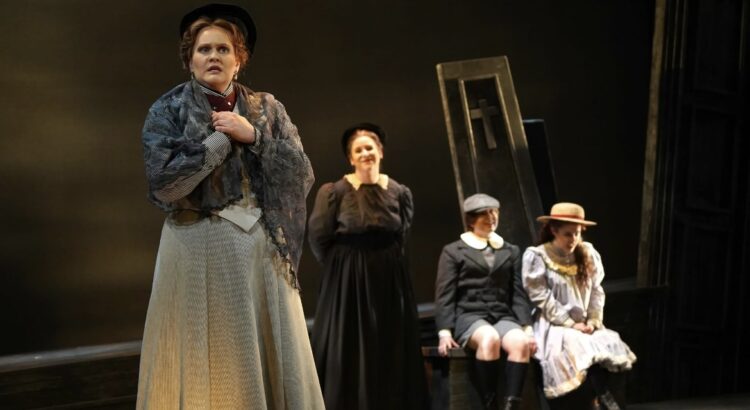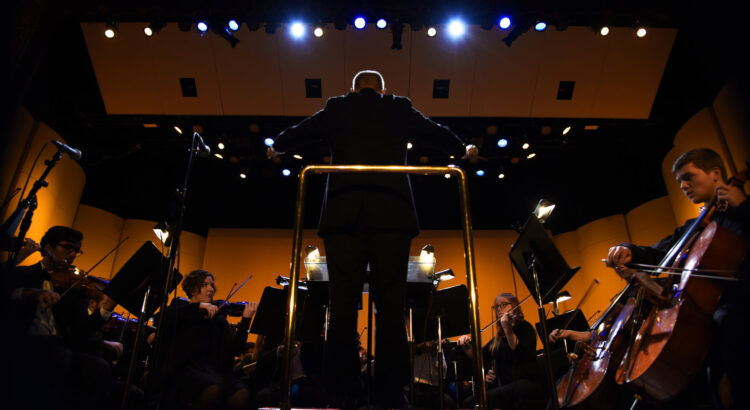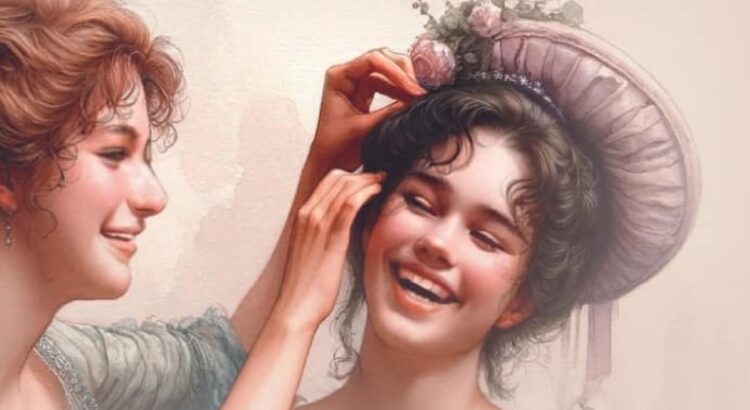April 20 | 2pm | The Arthur Miller Theater
“Its called the pack, all of us together like that.” a cocky skater bellows, painted in tattoos and a hint of aggression. “It’s crazy how we get so caught up in it…How it becomes everything…The chase and the game.” Roller derby is no joke to Lizzie Lightning.
The air of the 2010s is crisp from the moment you step into the Arthur Miller Theater—I was nearly sent back to clutching my iPod Touch in my parents’ house while watching reruns of Victorious. Rude Mechanicals presents For The Love of (Or, The Roller Derby Play), a 2018 play by Gina Femia. Director Natalie Tell transports us into a Roller Derby locker room in 2015, the humble home of the Brooklyn Scallywags.
Misfit newcomer Joy Ride (Grace Wilson) is new to the Scallywags, a passionate women’s Roller Derby team. When Joy meets the star player, Lizzie Lightning (a forceful Sofia Santos-Ufkes), she and her partner Michelle (Alexandra Berryman) tackle new challenges from Joy’s split devotion to the Scallywags and her long-term relationship.
The team is led by their overlooked coach, Andrea the Vagiant (Sarah Josephina Hartmus) and: Anna-Stecia, a reliable nurse (Oummu Kabba), Hot Flash, a brash Brooklynite mother (Cammie Golba), the adorable Squeaky Mouse (Maya Kusalovic), the dedicated Prosecute-Her (Ariela Alperstein), and the tough, no-shit-taking Diaz de los Muertos (Naomi Rodriguez).

The show weaves small vignettes of each skater’s life outside the rink with the team’s present lives on the track. The derby surrounds them, why, it makes up the entire set (an exquisite design by Ellie Vice). Though they work jobs, have children, partners, the team is their true community: “Roller Derby is not just a sport—it’s a movement on eight wheels, a high-speed collision of athleticism, spectacle and subculture”, thoughtfully stated by dramaturgs Sam Aupperlee and Nova Brown.
The choreography (by Marcus Byers Jr.) was sassy and energetic, just the right spunk to match bright pink and purple jerseys (costumes by Katy Dawson). Though indulging in long scene transitions, the actors brought out the natural charm of their friendship, especially in intimate moments. Wilson and Berryman found a natural chemistry between each other, devastating as the two flounder, craving different realities.
Andrea initially seems uptight and standoffish, but when a past relationship with Lizzie is uncovered, the mood thickens, and she softens respectfully. Hartmus is effortless onstage, funny, and sensitive. With Santos-Ufkes, the two create sentimental and dynamic interplay between the past lovers.
The range of roles in this production is intriguing, but some of the writing feels reductive to stereotype. Prosecute-her and Squeaky Mouse, women with brief vignettes during the show, maintained a pretty central shtick (the law student and the ditzy girl), which left me craving more from them.
For The Love Of spends the least time exploring the sport of roller derby, and more of it sinking into the lives of those who play it. And the inherent queerness without any thematic overtness was refreshing. So was watching the team learn to love the game, themselves, and each other. It never was about Roller Derby anyway.
Photos thanks to Rude Mechanicals & Ellie Vice.












